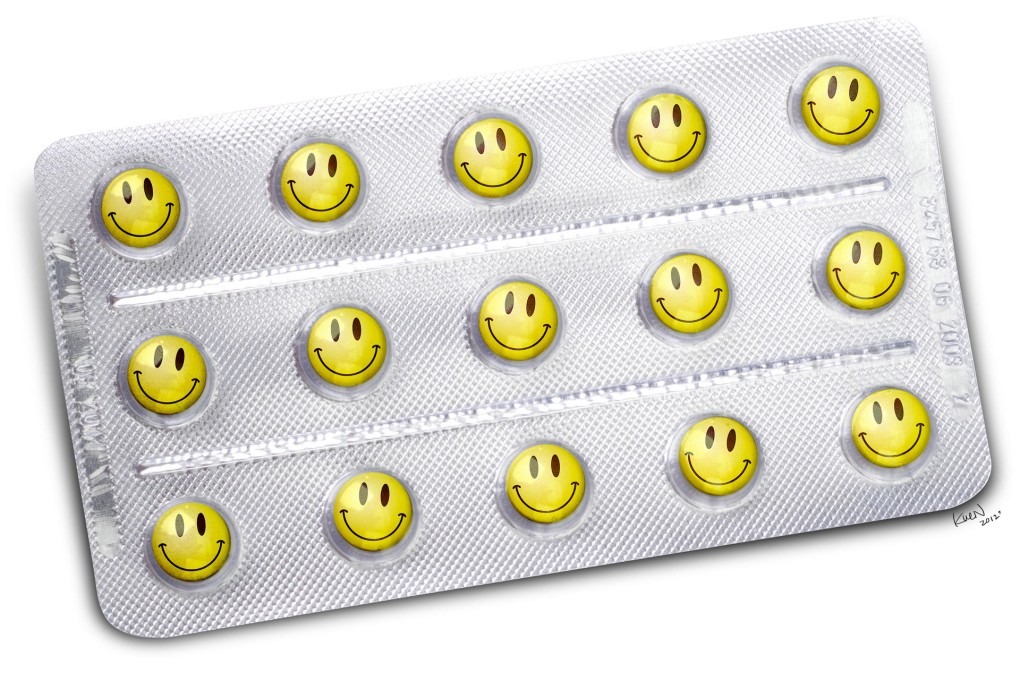
I've always thought that smiling was contagious. When someone smiles at you on the street, you can't help but smile back. It's amazing how little things seem to make the day that much brighter.
Smiling is considered an important indicator of positive emotion and confidence. It has also been said that smiling can make stressful situations more tolerable.
A new study by the University of Kansas reveals that if you smile at someone, not only are you brightening up their day, you are also benefiting your own health. It was found that smiling can have positive effects on the heart. Those who smiled during stressful situations had a lower heart rate and recovered faster, bringing new meaning to the saying "grin and bear it". So cheerful people might just be onto something.
It's perhaps an especially timely study for Hong Kong, a city where nearly one in six people suffers from anxiety or depression, according to the interim government report, the Hong Kong Mental Morbidity Survey 2010-13.
Major depressive disorders will become the second-biggest contributor to the global burden of disease by 2020, according to the World Health Organisation.
Previous studies have shown more than 300,000 Hongkongers suffer from depression, and three times more women than men. Based on projections from the latest population figures, about 700,000 middle-aged women in Hong Kong are at high risk of developing depression. The University of Kansas study is the first of its kind to examine the effects that smiling has on the body while under stress.